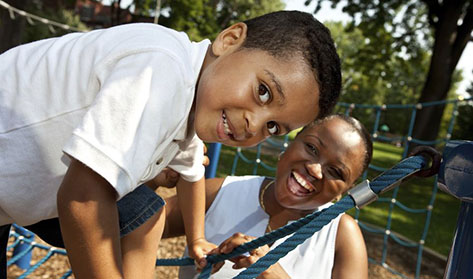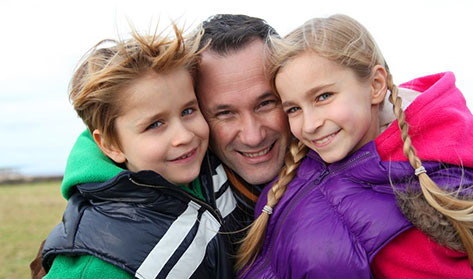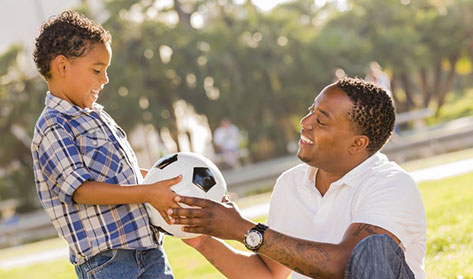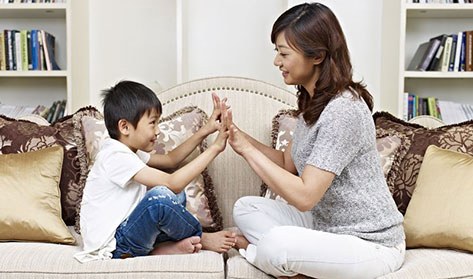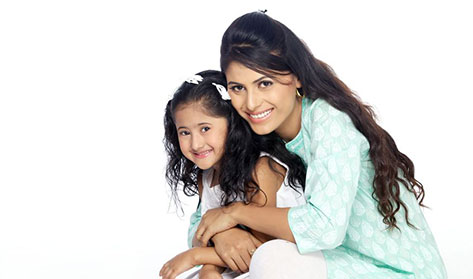Figuring out custody can be the most challenging part of a divorce. However, it doesn’t mean that you can’t peacefully parent. In fact, conscientious parents prioritize the well-being of their children throughout the divorce, and that may mean making tough choices in the best interests of the kids.
According to TIME, less than 20% of divorced couples share joint custody of their children. Only about 18% of custody cases are split 50-50 in the state of Washington, but that doesn’t mean it isn’t right for your family. If you believe your ex is a good parent, it’s a good idea to talk to a divorce attorney about whether shared custody is a viable option. Consider these situations in which it can work well for divorced parents and their kids.
Your Co-Parent is Flexible and Cooperative
Although shared custody has only been the norm in the state of Washington for about a decade, it is no doubt a way to help kids maintain strong relationships with both parents. Many divorced parents decide that is the most effective way to co-parent their kids. When both parents agree on the major issues and can be cooperative with each other, joint custody works best.
More specifically, shared physical custody where kids get to spend equal time with both parents works well if you and your ex are willing to be cooperative, understanding and flexible. It’s not about giving each parent exactly half of all their kids’ time. It’s about encouraging children to have strong relationships with both parents who are a consistent presence in their kids’ lives.
You Are Prepared for Complex, Logistical Coordination
You and your ex must be prepared for complex logistical coordination for joint custody to work well. How well your kids adjust to the arrangement is likely to depend on how peacefully and compassionately you and your ex can negotiate the specifics of the custody arrangement. The best interests of the kids must be front and center with every negotiation with your ex.
Some factors that may determine how well you can coordinate include:
- Each child’s personal development and adjustment to the family’s post-divorce lifestyle.
- Each parent’s career and commitments that are inflexible.
- Kids’ extracurricular activities and commitments.
- The distance between each parent’s home and how close the houses are to schools.
- The willingness of each parent to honor and stick to a rotating schedule.
Your children’s schedules will be the primary consideration. You and your ex need to discern whether you can realistically balance your own work schedules with the kids’ schedules to make shared custody feasible. Sacrifices will inevitably be made on the part of both parents so that children don’t have to sacrifice when it comes to their relationship with both parents.
Your Children Express a Preference for Joint Custody
For a long time in this country, custody was granted to one primary parent after a divorce. It was thought that it would be more stable for kids to live with one primary parent instead of being shuffled back and forth between households. However, it turns out that getting to spend a nice quantity of time with both parents may be the best way forward.
It’s important to discuss the situation with your children. Talk openly about the pros and cons of joint custody. Ask how they would feel about carrying things between homes or getting duplicates of some items. Make sure they understand what it would mean for you and your ex to have joint physical custody. They may feel that the frustrations and inconveniences of splitting time in different homes are worth it.
You Feel It May Be Better for Your Kids’ Health
The Washington Post reported on a study that analyzed responses from nearly 150,000 kids between the ages of 12 and 165. The study revealed that children whose parents had joint physical custody were less likely to suffer from stress and psychosomatic health issues like headaches, sleep disturbances and loss of appetite.
It’s impossible to draw conclusions based on one study, but the data certainly is worth weighing when considering what may be best for your children. The study doesn’t conclude that joint custody will cause or relieve psychosomatic problems, but it is worth looking into the issue and discussing the matter with those who are familiar with your children. What’s good for some kids wouldn’t be suitable for others.
Finally, keep in mind that joint shared custody isn’t for everyone. However, when it’s a good fit for families, it can help kids thrive and enjoy the best from both parents. If you are considering a divorce, contact Madison Law Firm PLLC for help with family law. You can receive a free, no obligation consultation with an experienced lawyer who is on your side and can help protect your best interests throughout the divorce.



